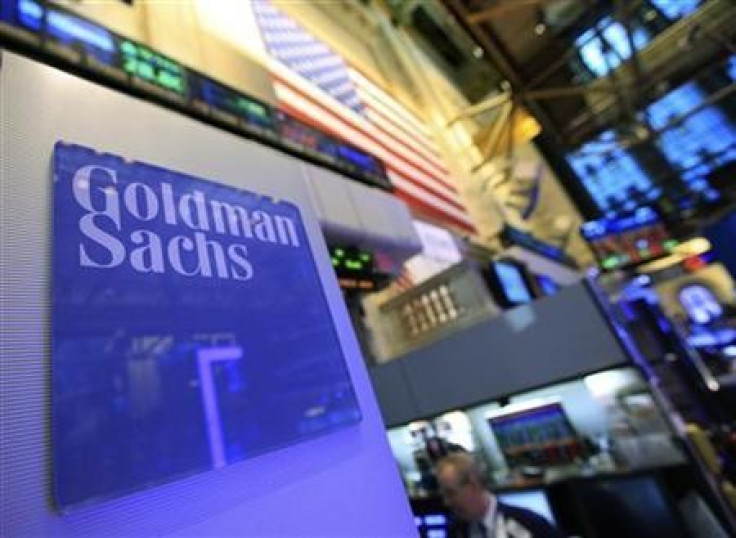Stop Rejoicing at Goldman Sachs and Bank Bonus Cuts

Bankers' bonuses already made the public froth at the mouth and now even more so following the seemingly never-ending raft of financial scandals that hit the headlines every day.
The thought of someone, anyone, getting paid the equivalent of a decade's worth of Average Joe salary in one year, as an 'extra', is enough to make anyone get a little bit jealous.
However, no matter how justified or unjustified bumper bonus payments are, the wave of axing extra titbits of remuneration will only spell out difficulty in clawing back these payments in the future.
Furthermore, axing bonus payments only indicates that basic salaries are possibly on the rise.
Tricks of the Trade
While Goldman Sachs slashed the amount set aside for employee compensation by 35%, according to recent results, this doesn't mean that they are necessarily paying their bankers less.
The bank may pledge that it is part of a cost saving drive but bank is already known for paying its staff the highest rates and bonuses on Wall Street.
The European Council pushed through a plan earlier this year to cap bankers' bonuses at a maximum of double their salary from 2015.
The measure will come in on 2014's bonuses that will be paid out at the start of 2015.
When these plans were still being mulled over, on top of rises in higher tax rate bands, Goldman Sachs, as well as other banks, were finding ways to retain top talent while also appeasing the public and politicians.
For example, on 14 January this year, IBTimes UK reported that Goldman was planning to delay deferred stock payments until after the end of the UK tax year, when the top rate of income tax drops by 5% - thereby improving the real value of bonuses paid to their UK and US bankers.
However, only a few days later, IBTimes UK found out that Goldman decided to dump plans on delaying bonus payments after the then-Bank of England Governor Mervyn King labeled the move as "depressing".
Furthermore, this wasn't the first time Goldman came under fire for clever accounting moves.
US Securities and Exchange Commission filings in January this year showed that Goldman made $65m of stock awards weeks earlier than usual to 10 executives, just one day before Congress agreed to raise the top tax rate for individuals.
If Goldman had made these payments one day later, individuals earning more than $400,000 would have been subject to a 39.6% rather than a 35% tax rate.
Raising Basic Salaries
Elsewhere, Labour and most of the public have got their knickers in a twist about UK chancellor George Osborne launching a legal challenge against the EU bonus cap.
While this seems he may be 'protecting big business', blocking a bonus cap could actually safeguard the taxpayer.
Banks are already racing to overhaul their remuneration structures by bumping up fixed salaries ahead of EU-imposed rule.
"The problem is that there are still some significant uncertainties about how the cap will work and who will be caught by it. Firms now face the difficult task of overhauling their remuneration practices in a short timescale without a clear picture of the final shape of the new rules," said Christopher Mordue, employment partner at law firm Pinsent Masons.
"This is likely to result in broad brush compliance approaches, including increasing salary to mitigate the impact of the cap."
Essentially a cap to bankers' bonuses is already becoming counterproductive.
Ever since public outcry over bankers' pay packets seeped into lawmaker's agendas, banks have put contingencies in place to boost fixed base salaries ahead of a possible cap.
As bonuses are awarded on a risk adjusted basis, the final decision for award can be either deferred or clawbacked
However, if bonuses substantially diminish but fixed base pay goes up, this means that in the event of banks needing to buoy up their balance sheets or pay for substantial fines, the mechanism of clawbacks cannot be implemented.
With fixed pay, the base salary cannot be clawed back, nor can it be deferred.
Overall, we really should stop hailing every bank bonus cut as a triumph over an indulgent industry.
While there is undoubtedly a link to high incentive payments and mis-selling, for instance, wouldn't it be better to be able to clawback these payments rather just put a higher salary into the bankers' pockets every year?
© Copyright IBTimes 2024. All rights reserved.






